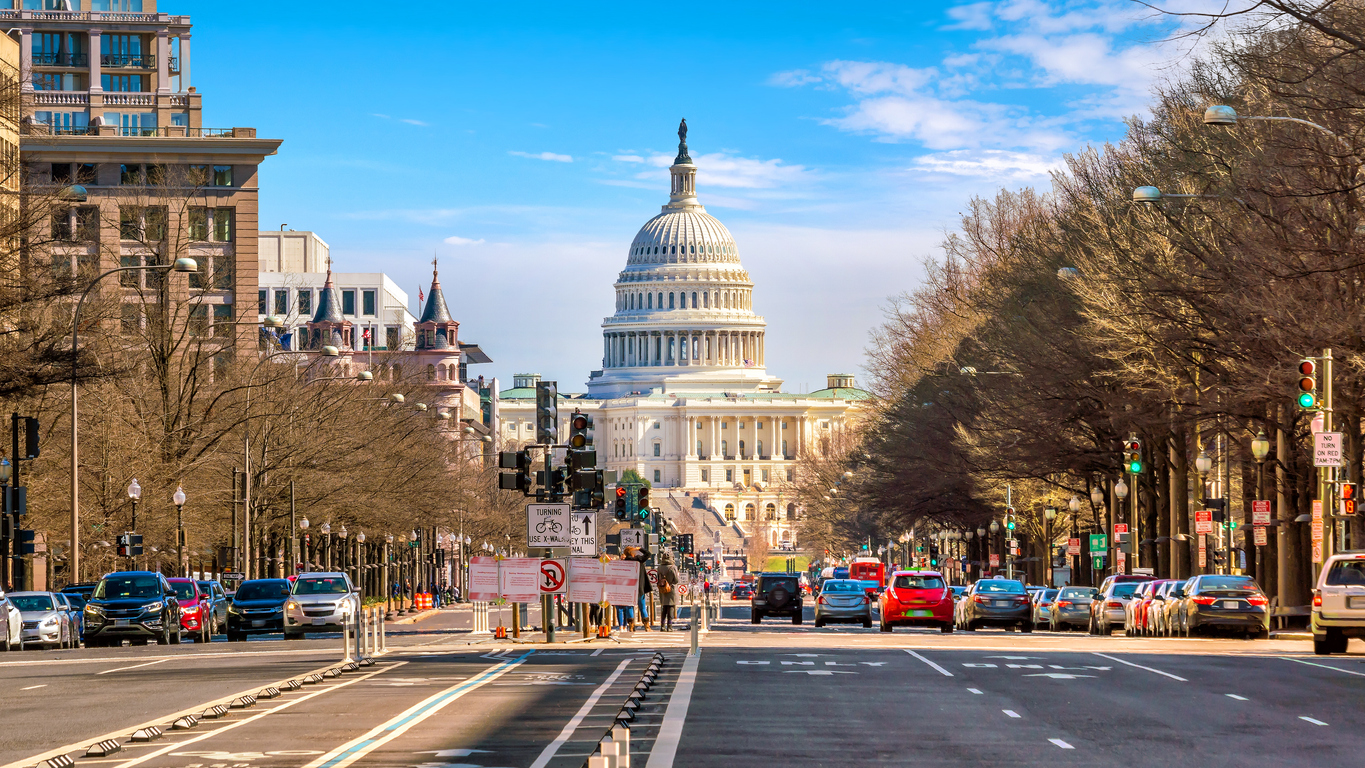Washington, D.C., overflows with political importance and vibrancy in its historical thoroughfare. But it has also become the site of a disturbing upsurge in criminal activities. According to official reports from 2023, incidents of aggravated assault have gone up by as much as 10%, indicating an urgent call for intervention. These changes must be set within a broader context of policing strategies, community-level crime prevention, and judicial response. This article explores what qualifies as a serious crime in D.C., how law enforcement and courts respond, and why skilled legal defense is crucial.
What Qualifies as Serious Crime in D.C.?
Serious crimes in Washington, D.C., include murder, aggravated assault, robbery, and sexual assault. These are crimes with socially devastating consequences on individual victims and society in general; hence, they invite some of the most severe punishments in the legal framework of the District.
"We have serious charges like these in our purview, involving vigorous prosecution and calling for vigorous defense measures. A vigorous defense ensures fairness and that justice is accorded," said David Benowitz, a longtime DC criminal defense attorney. In such complicated matters, detailed investigation and evidence-based defense might more often unveil gray areas that would have been overlooked or narrowly developed in generalized criminal proceedings.
Police Response to Crime Incidents Within D.C.
A serious crime reported in Washington, D.C., sets the wheels of local law enforcement in motion. The police are first sent to the scene to secure it for both the safety of the evidence and the people. If the suspect is still on the scene, then immediate detention based on probable cause is most likely.
However, if the offender has fled the scene, the police embark on an extensive tracking exercise with the assistance of several forensic methods, such as fingerprinting and DNA testing. Traces left at the scene of the crime, such as a broken window or clothes thrown away, become important and may help construct a case that can lead to the identity of the offender.
Navigating the Judicial Process from Arrest to Sentencing
Once a person has been arrested in Washington, D.C., the court procedure begins. First up is a preliminary hearing, where a judge decides on the issue of probable cause. When that is verified, the case proceeds to arraignment, where charges are formally read and pleas taken.
Pretrial motions, after a defendant has pleaded not guilty, allow subsequent steps going toward trial, where proof and testimony are provided, and witnesses are cross-examined under fierce legal scrutiny. One is convicted if "guilty beyond a reasonable doubt." On the sentencing date, punishments described in the appropriate statutes, including the D.C. Official Code may be imposed upon conviction. The process is characterized by stringent procedural requirements that bind both defense and prosecution in ensuring justice and the rule of law in the District's criminal justice system.
D.C. Sentencing Guidelines on Serious Crimes
Sentencing of serious offenses in Washington, D.C., is highly regulated and informed by a guideline sentence pre-determined based on an offender's criminal history and the nature of the offense committed. These are standardized frameworks within which the judges have discretionary powers to allow for mitigating factors or aggravating elements that may be unique in each particular case. For example, second or subsequent violations normally attract increased sentences under the legal codes of D.C.
The Importance of Legal Representation Within D.C.
Operating in the waters of Washington, D.C.'s criminal justice system without professional representation places a defendant at a decided disadvantage. The guidance of an experienced attorney in protecting one's rights at each and every step of the process, from arrest through trial and sentencing, is paramount. Furthermore, lawyers familiar with the intricacies of D.C. laws can challenge procedural errors, negotiate plea bargains, or present mitigating circumstances that one would not know existed. They also possess intimate knowledge of the relevant laws, precedents, and statutory nuances of the District, which is critical in developing the best defense strategy.












